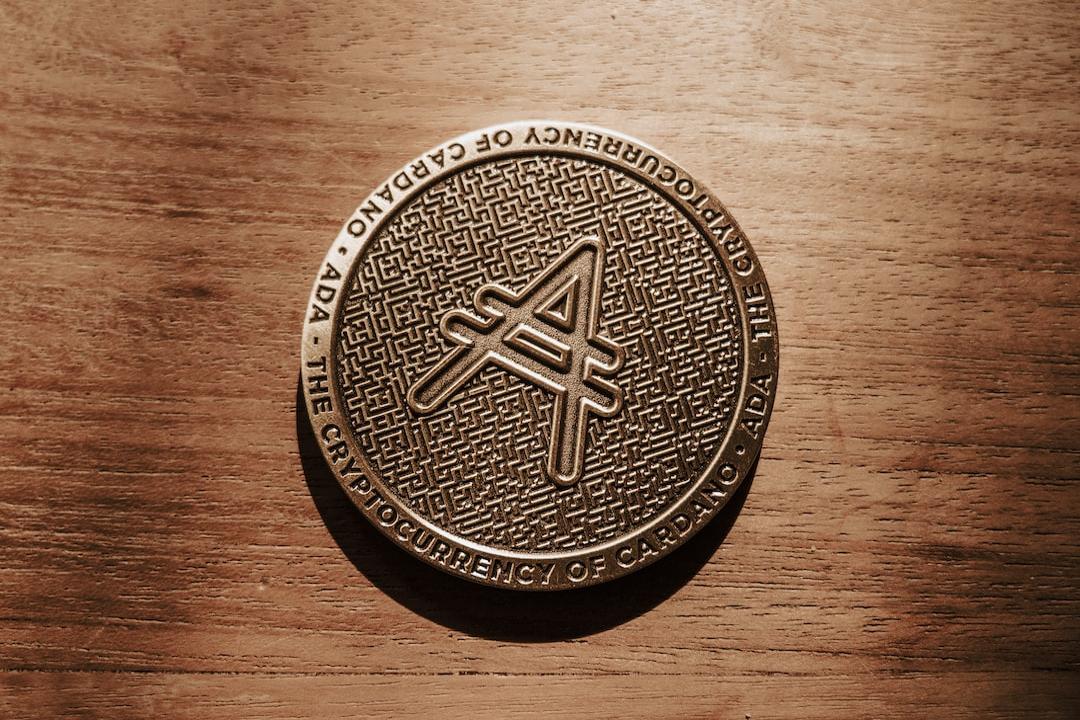Recently, Russia has been designated as a high-income country by the World Bank, sparking discussions about the role of Bitcoin (BTC) in this achievement.
Economic Progress
The per capita gross domestic product (GDP) grew significantly by 11.2% last year, placing Russia in the category of upper-middle-income countries.
This growth was attributed to significant increases in trade (+6.8%), the financial sector (+8.7%), and construction (+6.6%). These factors led to a 3.6% growth in real GDP and a 10.9% growth in nominal GDP.
Despite facing strict Western sanctions, Russia has become the world’s fourth-largest economy in terms of purchasing power parity, on par with major Western countries such as the United States and Western European countries imposing sanctions due to the conflict with Ukraine.
Read more:

BRICS Countries: Iran Proposes Setting Up a New Organization Within the Alliance
Meanwhile, according to World Bank data, Ukraine has also experienced economic improvement, transitioning from a low-income country to an upper-middle-income country status.
It is worth noting that against this backdrop of sanctions, Russia has shown increasing interest in cryptocurrencies. Discussions among officials, including Minister of Industry and Trade Denis Manturov, indicate that cryptocurrencies for payment purposes are set to be legalized, with continued efforts to effectively regulate them.
Furthermore, Russia’s inclusion in the BRICS group highlights its pursuit of alternative international payment currencies, which may challenge the dominance of the US dollar.
Bitcoin
is becoming a topic of particular interest in discussions about reducing reliance on traditional fiat currencies within the BRICS countries.


